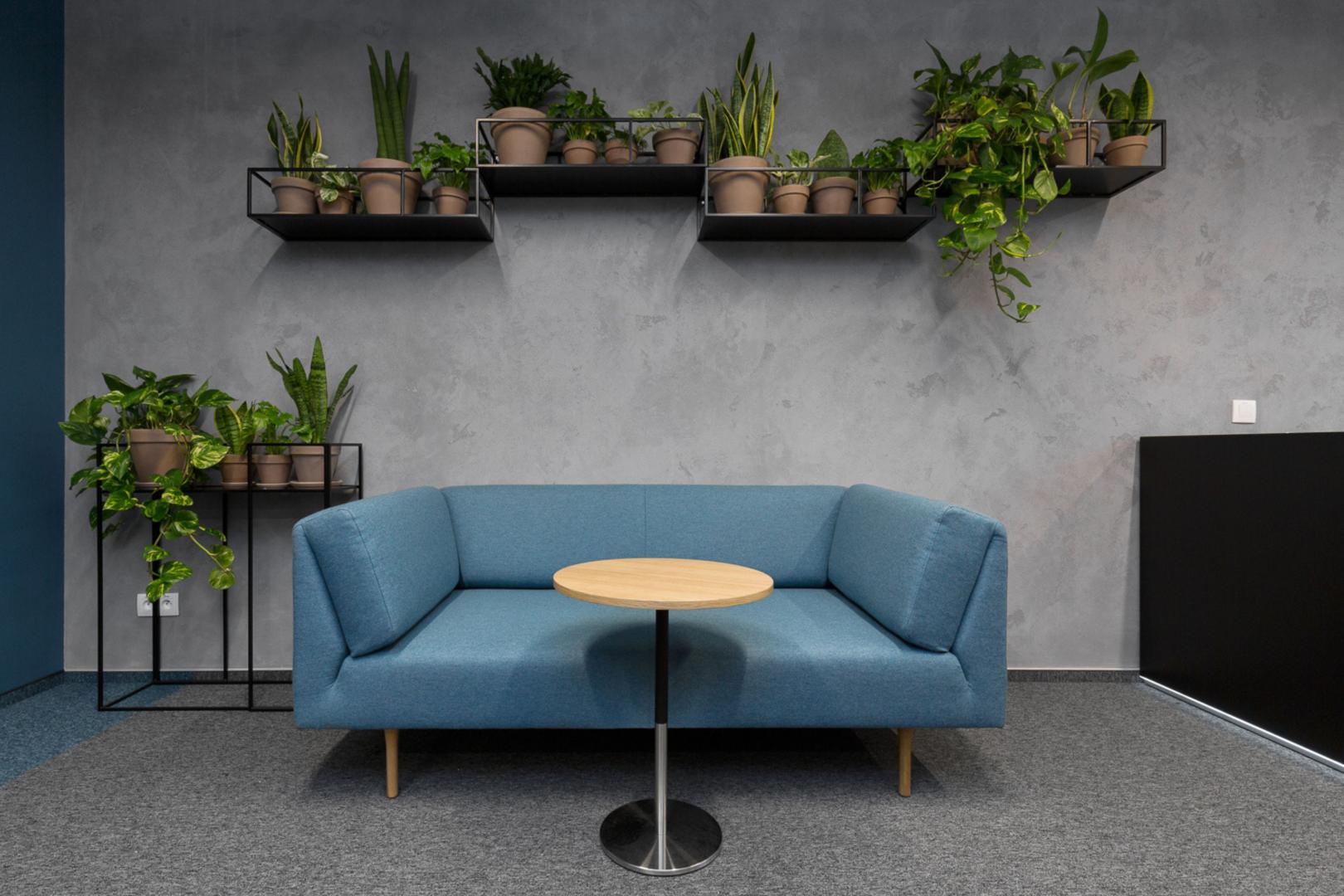Equality starts with space. An inclusive workplace is one that supports all employees—regardless of the challenges they face. Thoughtful office design and well-chosen furniture can significantly improve the comfort and effectiveness of people with disabilities. It’s worth keeping this in mind when planning both large corporate offices and smaller workspaces.
Invisible Barriers
For many people with disabilities, the real obstacle isn’t just the lack of ramps or elevators—it’s the everyday elements that simply weren’t designed with their needs in mind. The most common challenges include:
- desks that are too high or not adjustable,
- narrow walkways between workstations,
- uncomfortable chairs with no proper support or adjustment,
- low reception counters that hinder eye contact,
- lack of mobile furniture to reconfigure the space easily,
- insufficient signage for people with visual impairments.
These may seem like minor issues, but in reality, they often determine whether someone can work independently and comfortably.
Designing for Everyone
Creating an accessible workspace means more than ticking off items from a checklist. It’s a conscious act of empathetic design—focused on the real, everyday experience of the people who use the space. In an inclusive office, no one should have to ask for help just to get to the kitchen, read a noticeboard, or find a comfortable place to work.
The layout and specific furniture details matter here. Wide passageways that allow easy movement, clear visual cues for people with limited vision, and well-placed lighting to aid orientation all contribute to a workplace that includes rather than excludes.
In such an environment, everyone can work independently, without barriers or unnecessary stress. And when a space supports diverse needs, it benefits not only individuals but entire teams—because equality begins with the conditions we all share.
Furniture Designed with Accessibility in Mind
Inclusion-supporting solutions can be introduced both during the design stage and when upgrading existing interiors. Sit&stand desks with electric height adjustment allow users to personalize their workspace—ideal for people using wheelchairs as well as those who prefer standing. Desks with various shapes and depths make it easier to arrange equipment in the most effective way.
Unu coat stands feature hooks at different levels, improving access to everyday items. J_system cabinets include a 270-degree opening system, making contents easier to reach. The Furonto and Tresta reception desks are available in lowered versions, tailored to wheelchair users. Mobile pedestals and tables are another key support element, especially in spaces that need to stay flexible.
Building a Space Where Everyone Belongs
Accessibility in the workplace isn’t just about supporting people with disabilities—it’s an investment in organizational culture and team dynamics. When everyone feels comfortable and respected, work becomes more effective and fulfilling for all. By transforming the space around us, we help shape a company that values diversity, inclusion, and mutual respect.
At Balma, we combine aesthetics with functionality—designing furniture that not only looks great but also performs exceptionally well, especially in inclusive work environments. We believe that design should have no limits—just like access to personal and professional growth. Together, we can create workspaces that are open to everyone—no exceptions.

